Cultures and traditions vary from country to country. And what may seem weird to you, is perfectly reasonable for everyone else, and vice versa. But just how different are these holidays and how are they celebrated?
Different Kind of Celebration
If you’ve never travelled or seen how other people from diverse backgrounds live, some of these festivals and holidays may seem strange. Everyone has something to celebrate, whether it’s celebrating their deceased loved ones, or praying for a better harvest, people all over the world have celebrations that are worth learning more about.
Up Helly Aa, Scotland
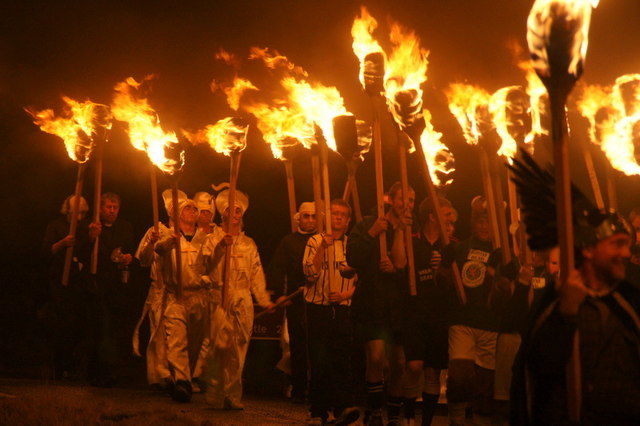
Winter is cold and unforgiving. You know what beats snow and the cold? Fire. The Up Helly Aa is guaranteed to warm you up. It’s a festival celebrated to mark the end of the Yule season. People dressed as Vikings arm themselves with lit torches and walk through the town of Shetland, towards a replica Viking warship. Once they arrive at their destination, they sing a song before burning it to the ground. The perfect way to warm up in cold weather.
La Tomatina, Spain

Ever wanted to get down and dirty during a festival? The La Tomatina lets you do just that. It is celebrated every last week of August, and it has quite a history to it. It is said that La Tomatina was first had in 1945 by a group of boys causing a ruckus during the Giants and Big-Heads Figures Parade. They allegedly threw off a participant, and the participant, in a fit of rage destroyed everything in his path along with a vegetable cart. People then started pelting each other with tomatoes, and a new, fun festival was born.
Straw Bear, Germany
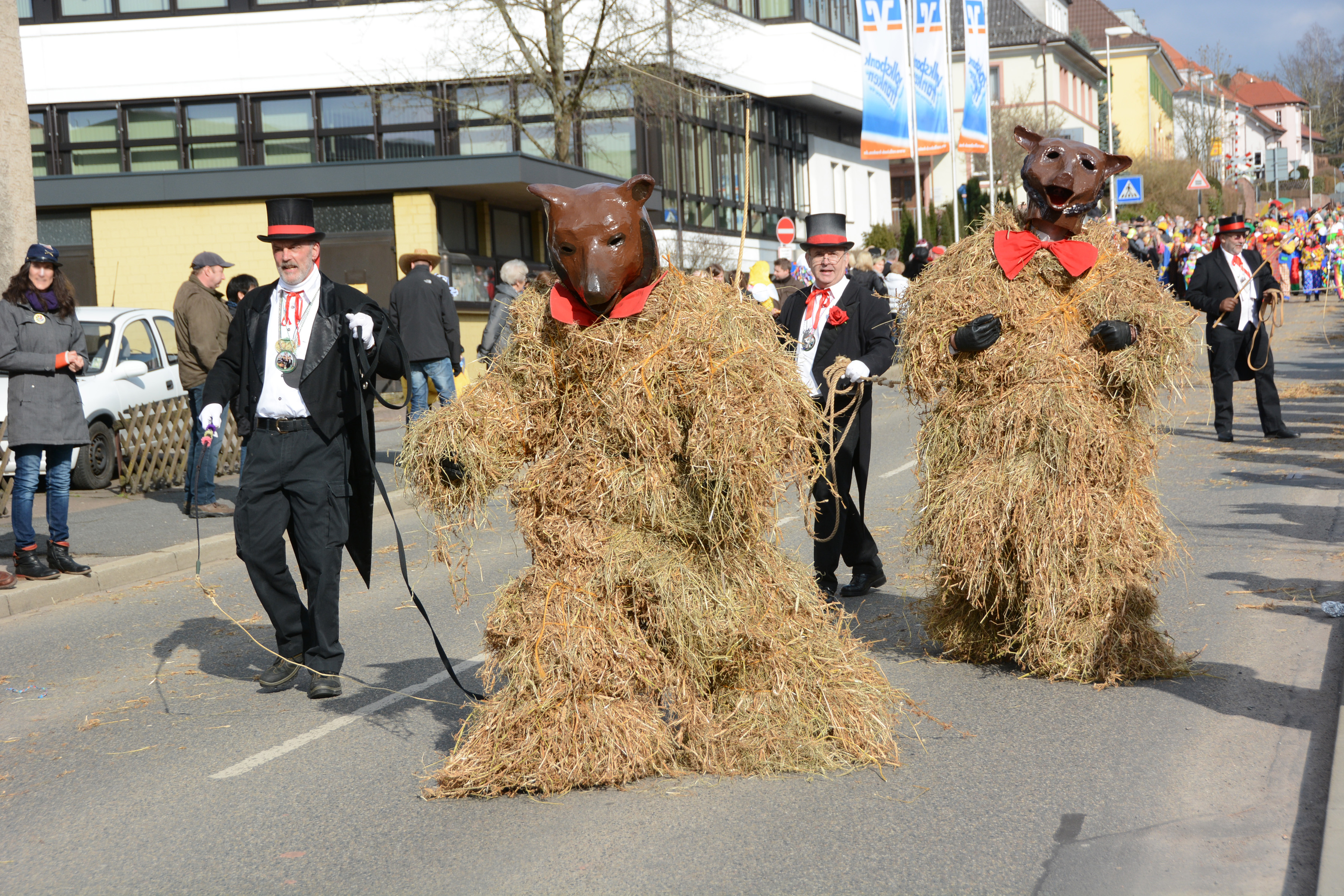
In this holiday celebrated every December in Germany and in some parts of the UK, the young men of the village dress up in straw suits and are paraded around the town, often knocking on doors and dancing for food and beer. When they reach the edge of the village, they take off their suits and these are burned. According to the custom’s history, the straw bear was believed to be the personification of winter, and the burning is seen as a way to banish the cold, and welcome the warmth of spring.
Maslenitsa, Eastern Europe
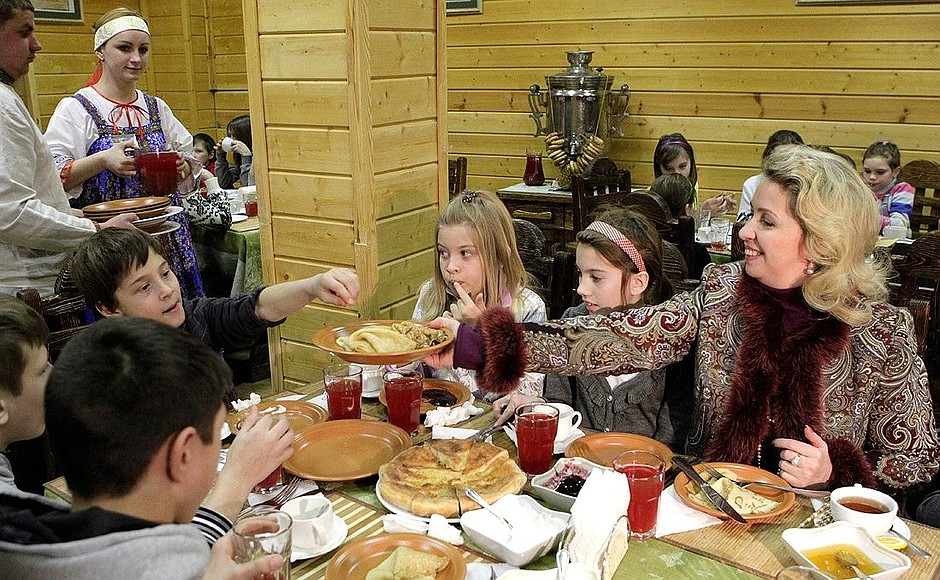
The Maslenitsa is a week-long celebration in preparation for Lent. Christians are forbidden to eat meat or have fun during Lent. Maslenitsa offers a grand party for everyone, and it involves crepes and pancakes, a lot of socialising, and of course physical activities like fist fights, sledging and snowball fights. All are done to celebrate friendship and camaraderie. It is undoubtedly the best way to start Lent.
Hadaka Matsuri, Japan
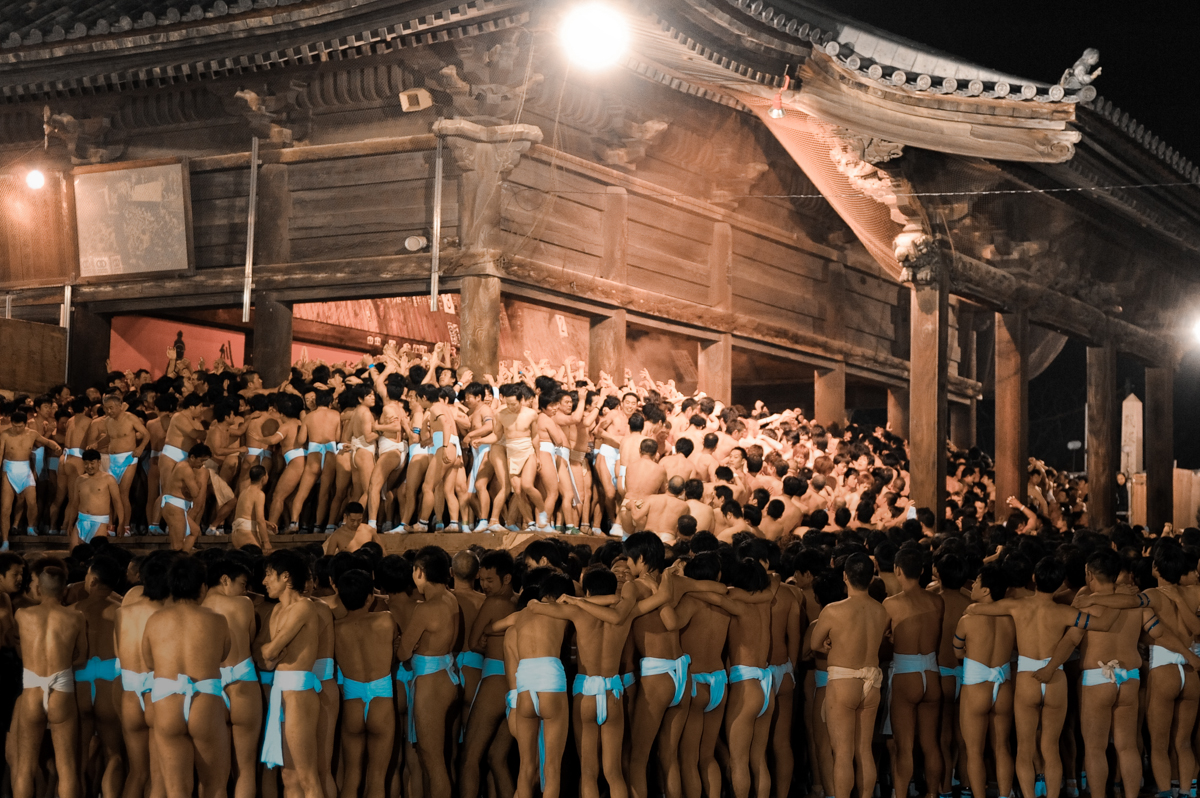
The Scots make sure that everyone is warm during their festivities, but the Japanese know how to party. The Hadaka Matsuri, often hosted by different regions of the country throughout the year, involves half-naked men, sticks, and their manly pride.
It is usually celebrated during winter wearing only their traditional loincloths. Next, a Shinto Priest tosses a sacred pole from a temple window. The men then try to wrestle each other for the pole and then try to stick it in a box of rice. He is then rewarded with 100 years of good luck.
Night of the Radishes, Mexico

Radishes were brought to Mexico by the Spanish during the colonial period. Since then, it has become a popular side dish and snack. The city of Oaxaca has a long history of wood carving traditions, and thus the farmers used to carve large radishes in an attempt to entice more customers to their product, and thus the Noche de Rábanos is born. Today, it is a competition often held on the 23rd of December. Participants try their best to carve their radishes into figures and other scenes.
These festivals welcome tourists to watch or participate alongside the locals. It’s also an excellent way to learn more about the people and their culture through immersion.
With that said, why not plan your next vacation around one of these festivals? And when you do, don’t forget to call us here at Alpha Airport Parking to secure a parking spot before your flight. Now, you can enjoy the comforts of not having to worry about your car while you are away.


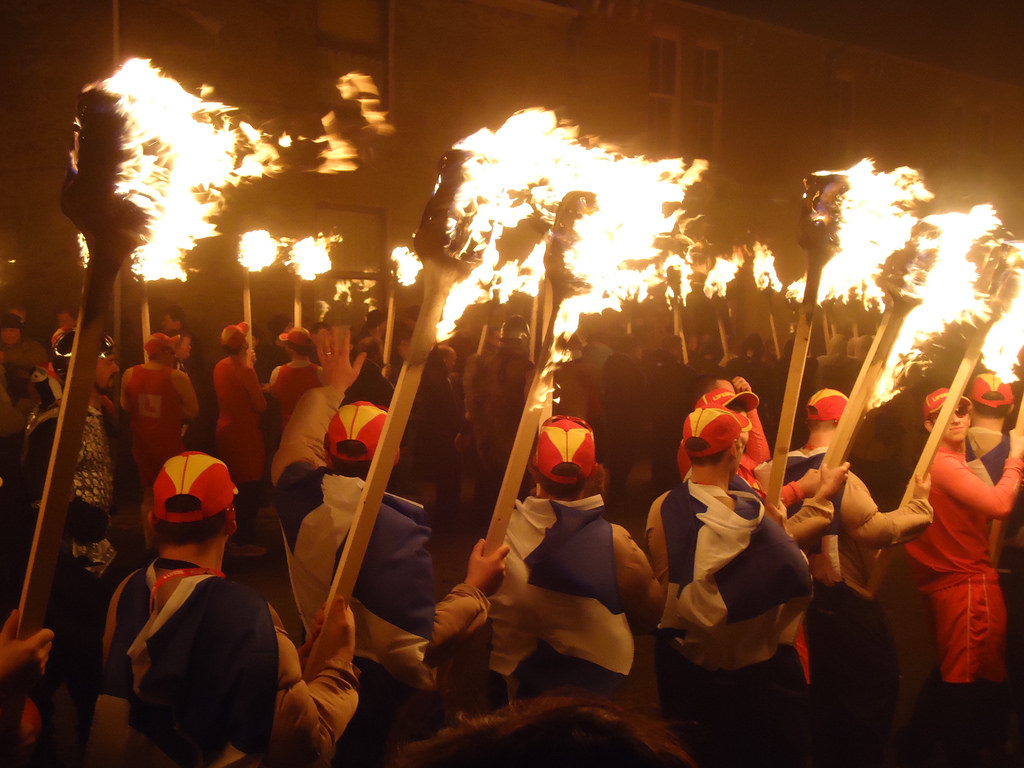


402 Comments
Comments are closed.